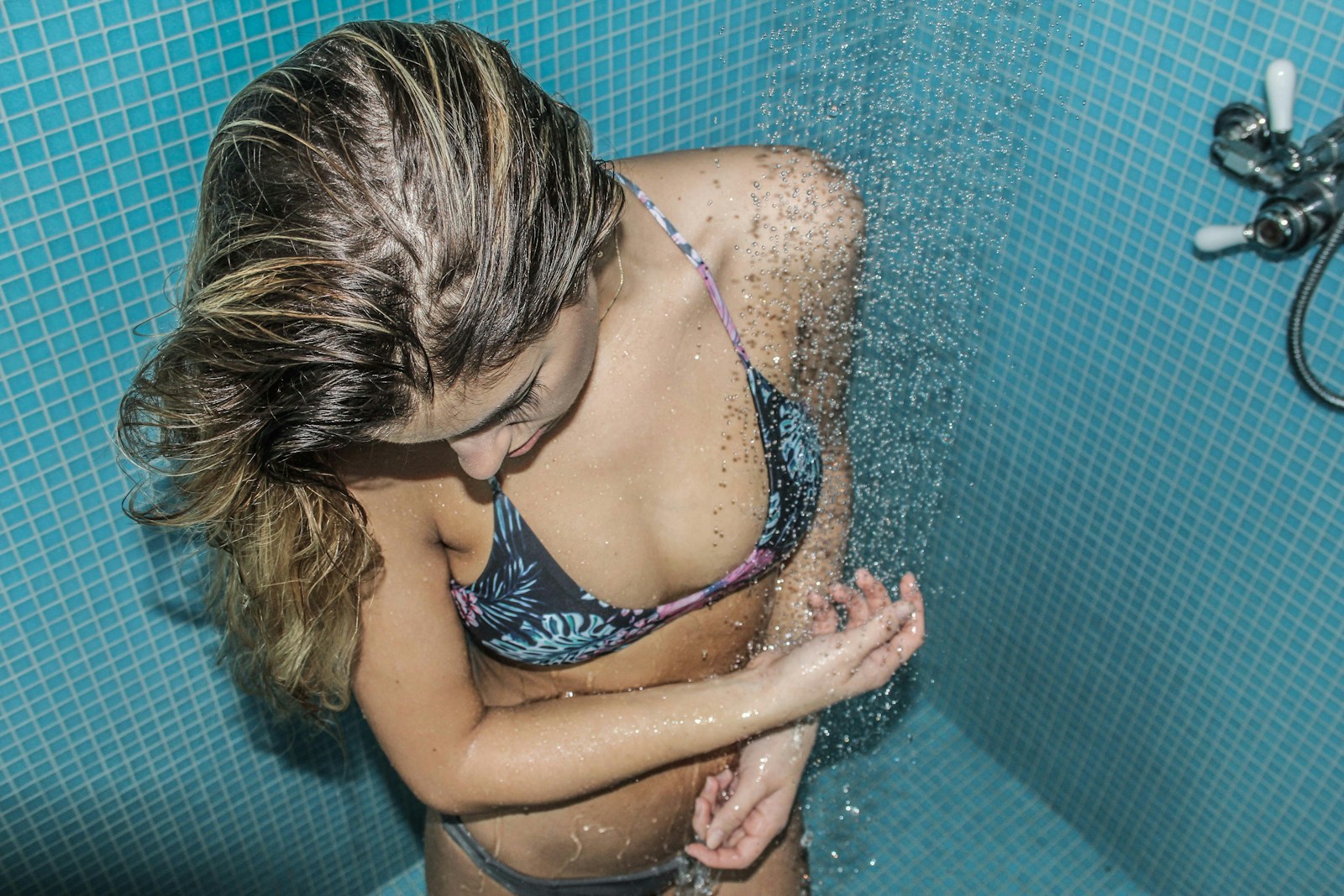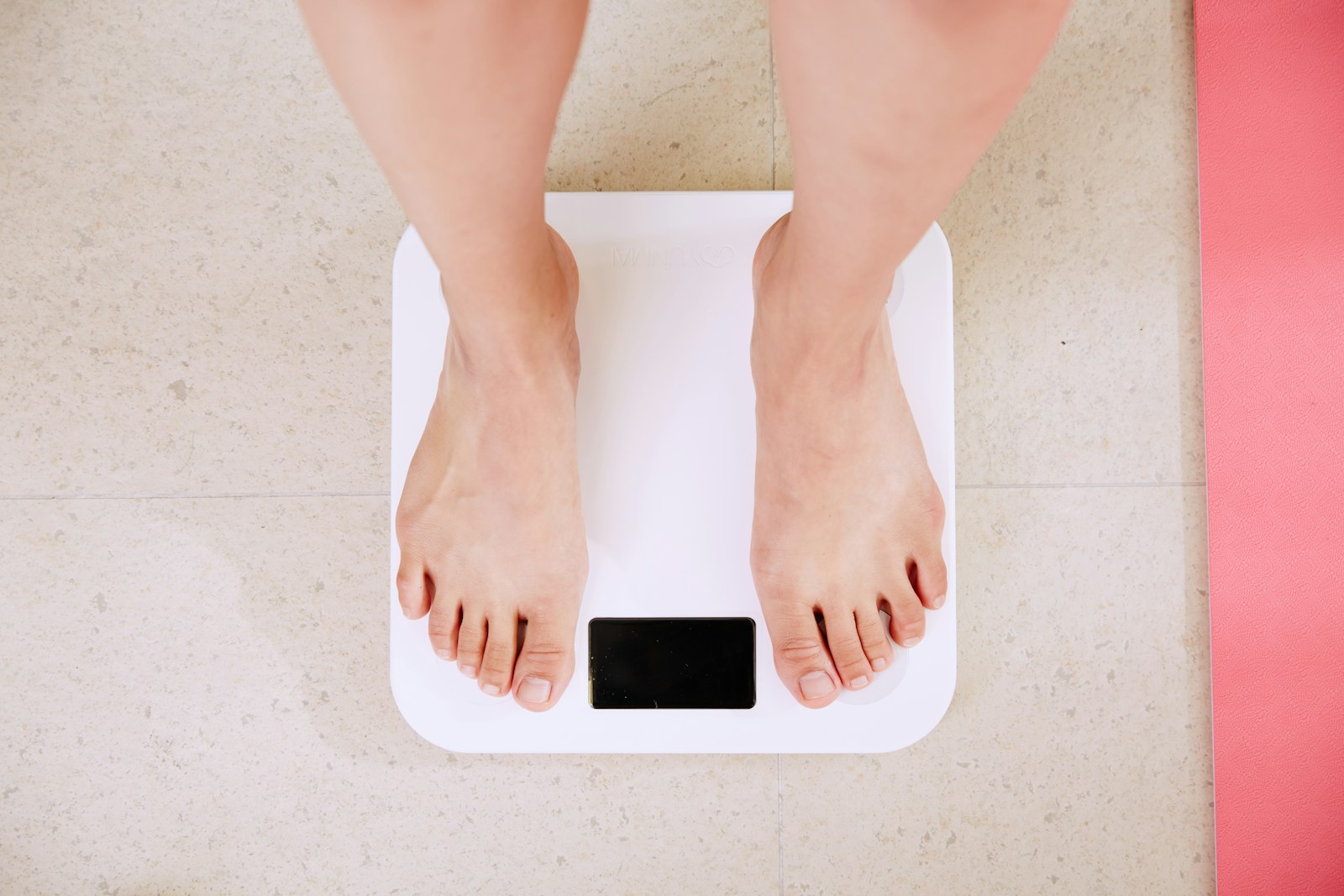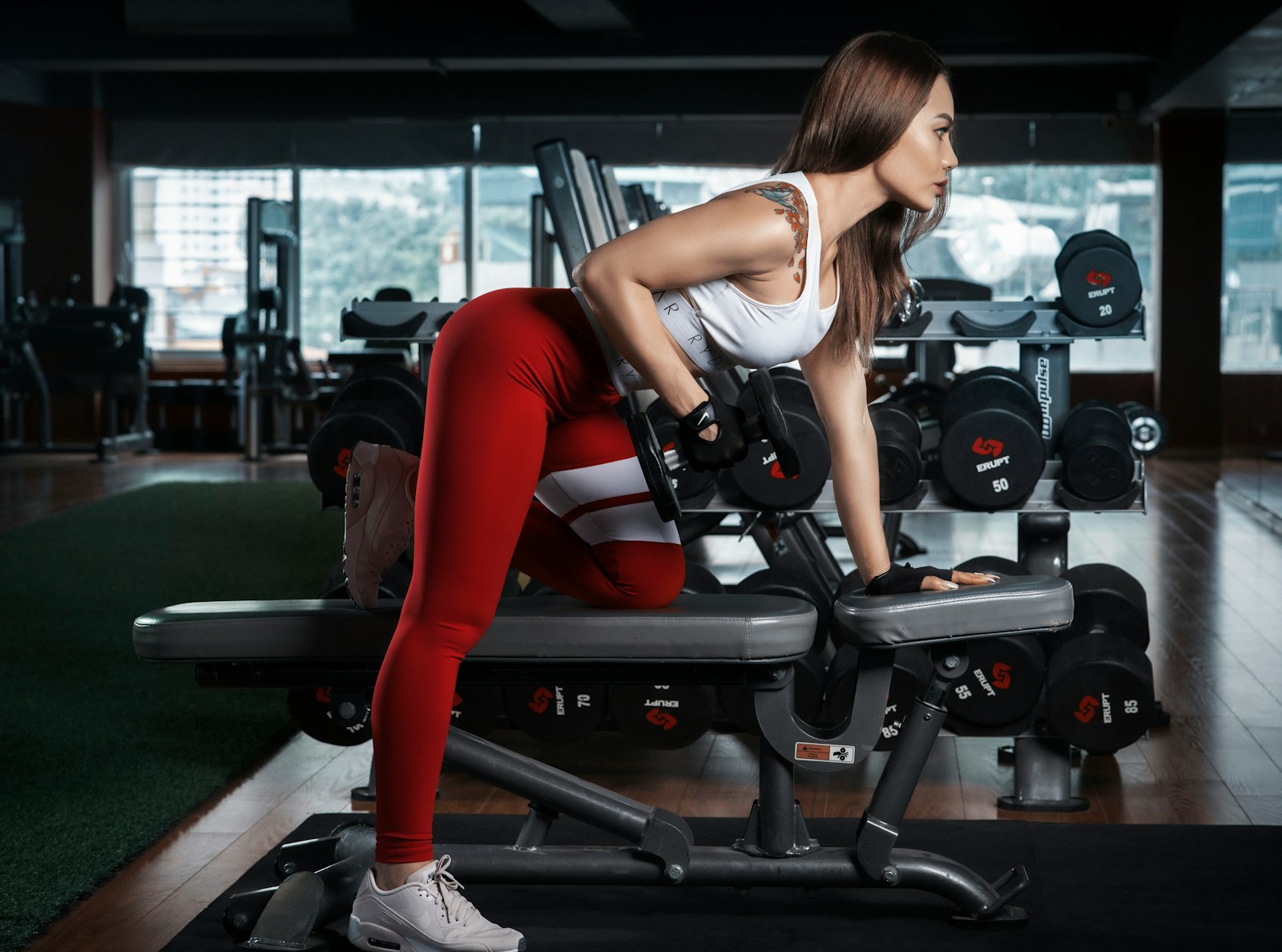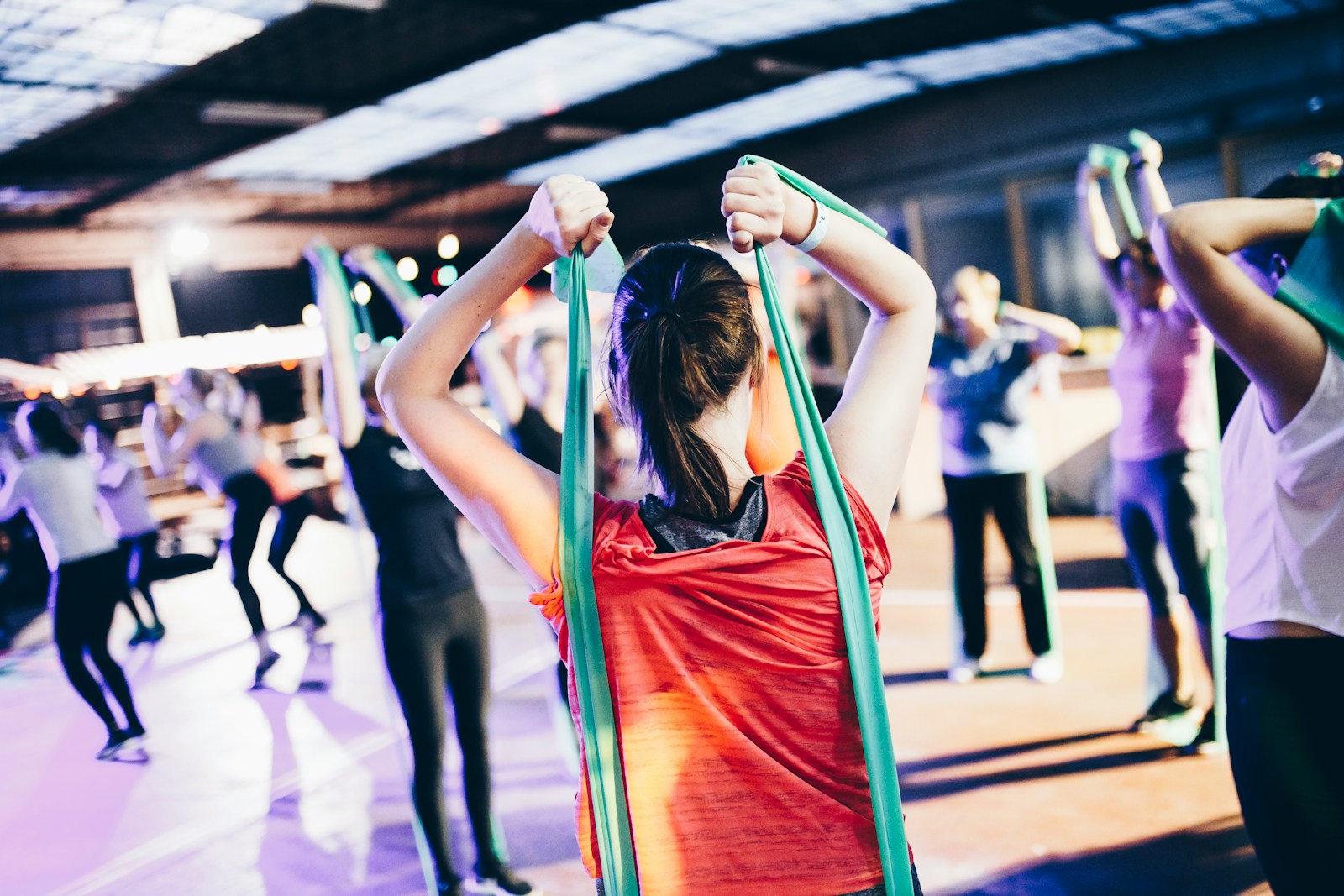Taking a good shower after a workout is not only refreshing but also beneficial for loosening muscles or cooling down your skin. One thing is certain: while hot water comforts and relaxes, cold water revitalizes. But after exercising, which is better: a hot or cold shower? The answer depends. According to Professor Alexsandre Ribeiro from Bodytech Vogue, studies indicate that water temperature can indeed make a difference and offer specific benefits, whether it’s hot or cold.
Hot or Cold Shower After a Workout?
Both hot and cold showers can benefit the body post-workout. Imagine starting your day with a morning run. Afterwards, a cold shower sounds like the best idea, right? But a hot shower might seem more appealing if your workout consists of a heavy weightlifting session.
As Professor Ribeiro explains, “Science shows us that the water temperature after exercise can indeed affect post-workout recovery, whether related to performance or well-being.”
For those focusing on strength training and muscle building (hypertrophy), recent studies suggest that it’s best to avoid cold showers after a workout. On the other hand, for aerobic activities where joints endure high impact and intensity, a cold shower is recommended. Cold water serves as a preventive and anti-inflammatory treatment for micro-injuries in muscles and bones due to the vasoconstriction it triggers, which helps reduce inflammation from impact exercises.
Is Cold Water Worth It?
“For high-intensity exercises, taking a cold shower can be a great option,” notes Professor Ribeiro. During the winter, this choice can be a bit more challenging, but let’s discuss some benefits that might make you reconsider.
One of the advantages of cold showers is their ability to normalize heart rate. Cold water helps balance body temperature and contributes to weight control by activating metabolism, which aids in fat burning. Finally, for high-intensity workouts, cold showers help reduce muscle inflammation. However, a downside is that they can hinder muscle recovery and slow down the growth of new muscle tissues, which may not be ideal for those looking to build muscle mass.
Benefits of Warm Showers
Now that we understand the physiological benefits of cold showers, what about warm showers? Feeling warm water run down your body is undeniably pleasant. Warm showers help relax muscles, ease joint movement, and reduce pain by dilating blood vessels, which promotes better blood flow to the tissues. In the ideal warm temperature, steam also opens up the skin’s pores, helping expel impurities from the body.
However, it’s essential to be cautious: if the water is too hot, it can dry out your skin and cause itching, especially for those with sensitive skin.
Conclusion
Whether you choose a hot or cold shower after a workout depends on your goals and the type of exercise you’ve done. Cold showers are great for reducing inflammation and aiding recovery after high-intensity activities, while warm showers are excellent for relaxing muscles and improving circulation. Ultimately, listen to your body and find what works best for you.











